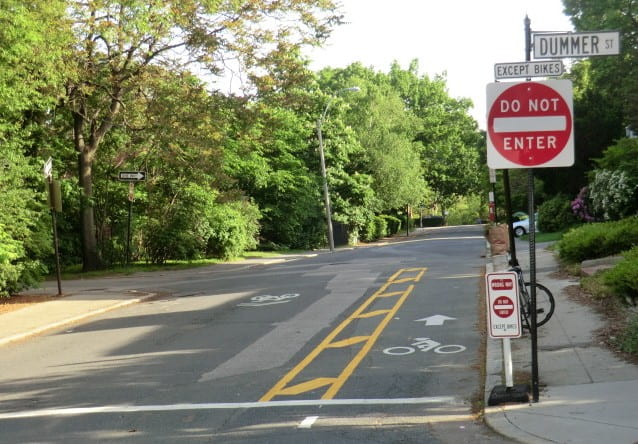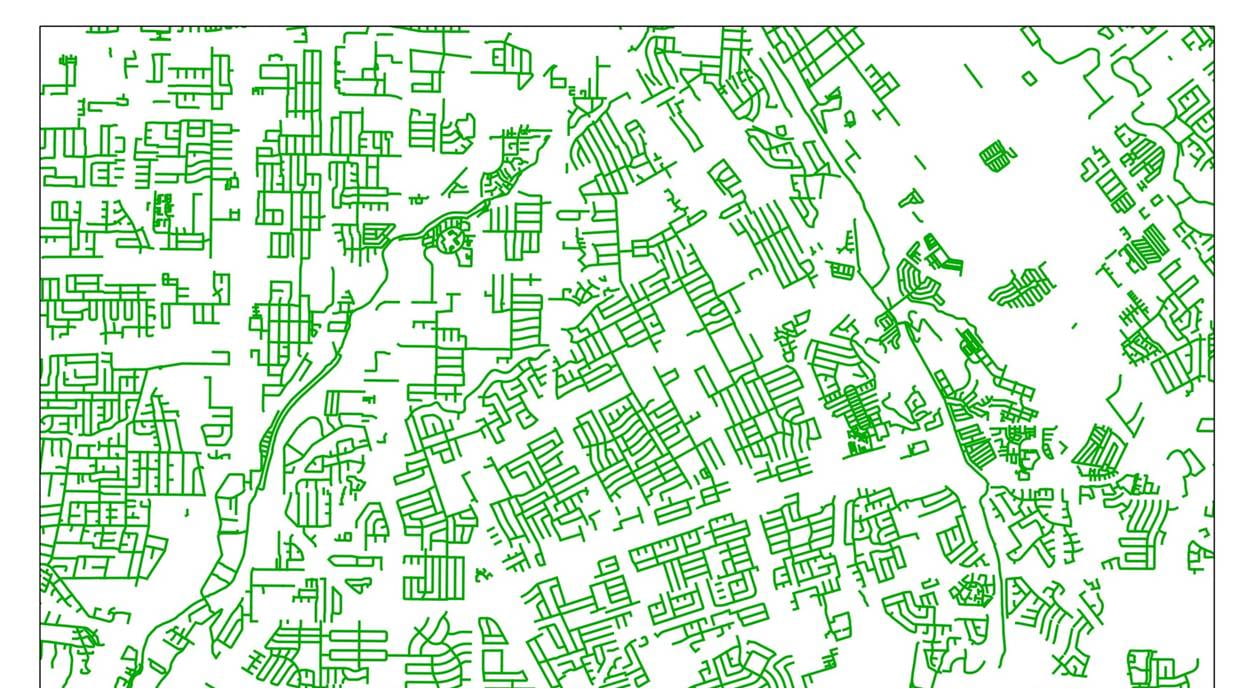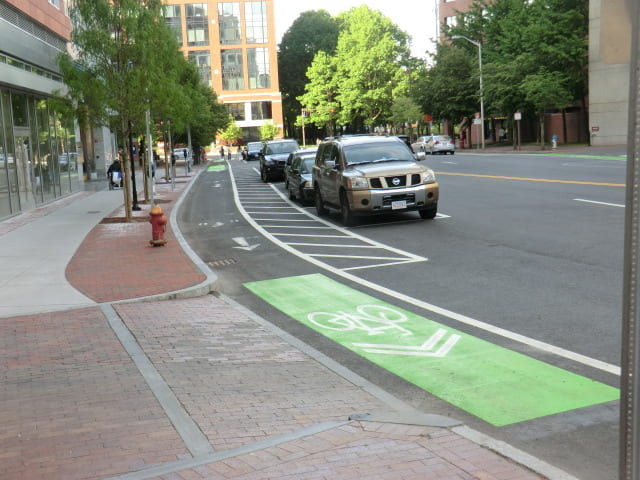Selected Research Projects
Safer Intersection Design Using Crossing Islands
by Peter G. Furth and Milad Tahmasebi At unsignalized intersections, crossing islands make it so much safer and easier for pedestrians to cross the street. They can also deliver many other benefits, including slowing through traffic, slowing turning traffic, and...
Bicycle Contraflow Could Have a Large Impact on Greater Boston’s Bike Network
by Theja Putta, who just completed his PhD under Peter Furth's supervision. I have been commuting to Northeastern for several years on my bike. While most of my ride is on the Southwest Corridor bike path, the last section of my commute involves riding the wrong way...
Northeastern University Ped & Bike Crossing Delay Calculator
The Northeastern Multistage Ped-Bike Crossing Delay Calculator calculates average delay for multistage crossings, two-stage diagonal crossings, and bicyclist two-stage left turns at signalized intersections. DownloadTheNEUCrossingDelayCalculator In order to use the...
Connectivity of Low-Stress Bicycle Networks
If you don't mind riding on high-stress roads, you can go anywhere on your bike. But for those who aren't willing to use roads with high traffic stress, it may be that you just can't get from here to there. When high-traffic-stress roads are excluded, the remaining...
Level of Traffic Stress
Here are the most recent LTS criteria for road segments: LTS Tables v. 2.2, May, 2022 Older versions include v. 2, (June, 2017) and the Original (2012) criteria The chief deterrent to riding a bike in the U.S. is the high stress of riding without protection from...
Self-organizing Traffic Signals
These networks could create safer and more efficient traffic patterns than existing systems that currently either use sensors to detect traffic or rely on coordinated and timed loops—which can be difficult to program and make travel less efficient for public transit and pedestrians.





